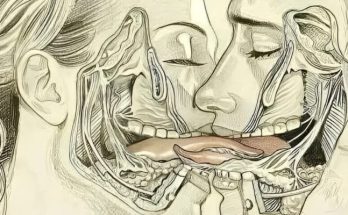Sexual desire, often referred to as libido, is a natural and complex aspect of human life that varies greatly from person to person. It involves physical, emotional, psychological, and even social components. At its core, sexual desire is the interest or urge to engage in sexual activity, and it plays an important role in intimacy, relationships, and personal well-being.
Several factors influence sexual desire, including hormones, mental health, stress levels, lifestyle, and relationship dynamics. For example, hormones like testosterone and estrogen help regulate libido, and imbalances can affect how often or how strongly a person experiences desire. Psychological well-being also plays a crucial role—anxiety, depression, or low self-esteem can significantly lower sexual interest.
Cultural and social attitudes also shape how people experience and express desire. While some may have a high libido, others may feel little to no sexual interest, and both are completely normal. Communication with a partner is key in navigating differences in desire within a relationship. Open, nonjudgmental conversations about needs, boundaries, and expectations can strengthen intimacy and reduce misunderstandings.
It’s also important to recognize that sexual desire can fluctuate throughout life due to aging, life events, health conditions, or medication. These changes are natural and can be managed with support from healthcare professionals when needed.
Ultimately, sexual desire is a deeply personal experience. There is no “right” level of desire—what matters most is feeling healthy, comfortable, and confident in your own sexuality. Educating yourself, staying connected to your body, and fostering emotional intimacy can all help support a fulfilling sexual life.



